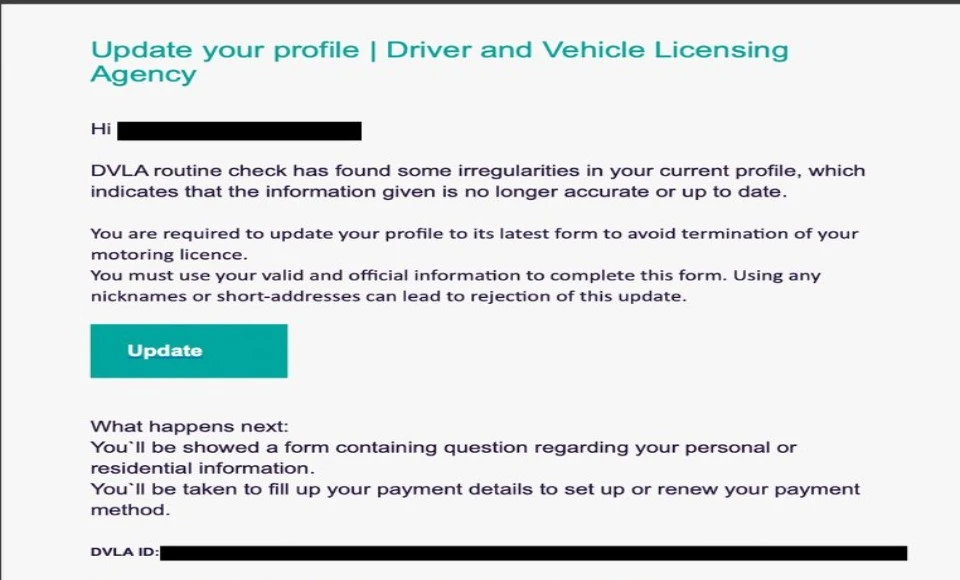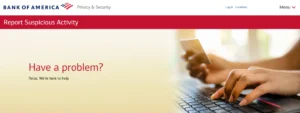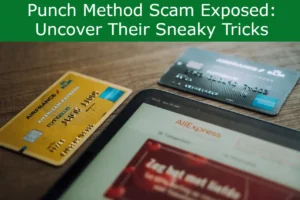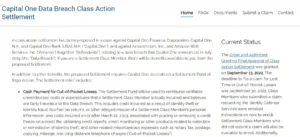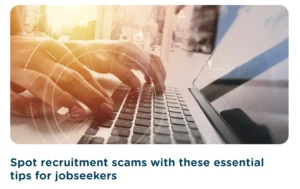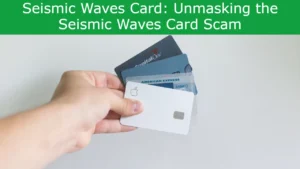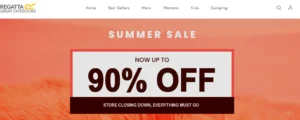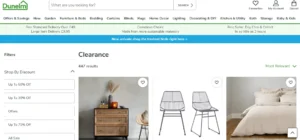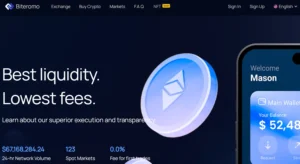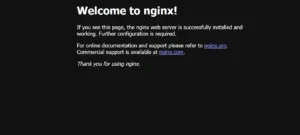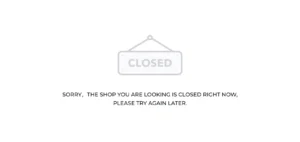The rise of DVLA scams targeting drivers has become a concerning issue in recent times. Scammers are increasingly impersonating official government organizations, with fraudulent messages reporting a staggering 603% increase in just three months.
These scammers employ advanced techniques, including creating fake emails and texts that appear authentic, to deceive unsuspecting victims into providing sensitive personal information.
To protect oneself from falling victim to these scams, it is crucial to exercise caution, avoid sharing personal information online, and only use official contact details from verified websites.
This article aims to provide valuable insights and safety measures to help individuals safeguard against DVLA scams and their potential financial and emotional impacts.
Table of Contents
What is DVLA Scam?
The rise in DVLA scams targeting drivers nationwide has prompted a warning to be cautious and vigilant in order to protect personal information and avoid falling victim to fraudulent activities.
It is important for individuals to be aware of how to identify DVLA scams and the common tactics used by scammers. These scams often involve scammers pretending to be from the DVLA in an attempt to steal personal information. They may ask for license details or offer tax refunds as a means to deceive innocent drivers.
It is crucial to exercise caution when receiving messages that appear official and authentic. By staying informed and being alert to these tactics, individuals can protect themselves from potential financial loss and the risks of identity theft.
Rise in Scams
There has been a noticeable increase in the occurrence of scams targeting motorists, particularly those involving the impersonation of official government organizations.
The number of reported scams has risen by 14% compared to the previous year, with an alarming 603% increase in fraudulent DVLA messages in just three months.
Scammers have adopted advanced techniques to deceive their victims, such as using email addresses similar to official ones and creating fake emails and texts that appear authentic.
These scams have become more sophisticated, making it easier for unsuspecting individuals to fall victim.
It is crucial for drivers to exercise caution and stay informed about these scams to protect themselves from potential financial loss and identity theft.
By staying vigilant and reporting any suspicious activity, individuals can play an active role in preventing scams and safeguarding others.
Safety Measures
One effective measure to mitigate the risk of falling victim to scams is to access the DVLA website exclusively through the GOV.UK platform. This ensures that users are directed to the official and verified website, reducing the chances of interacting with fraudulent entities.
Additionally, it is crucial to prioritize cybersecurity and remain vigilant against phishing attempts. Individuals should exercise caution when receiving emails or texts that claim to be from the DVLA and avoid sharing personal information online. It is important to remember that the DVLA does not ask for bank details or send text messages regarding tax refunds.
By staying informed and adhering to these safety measures, individuals can protect themselves from becoming victims of scams and safeguard their personal information from potential identity theft and financial loss.
Reporting Scams
Prompt reporting of suspicious messages and activities is crucial in preventing further scams and ensuring the safety of individuals and their personal information.
To protect oneself from DVLA scams, it is important to know how to spot fake DVLA messages. One should be aware that the DVLA will never ask for bank details or send text messages regarding tax refunds. Official communication from the DVLA can only be accessed through the GOV.UK website, so it is essential to use verified contact details from official sources.
If one receives a suspicious message, it should be reported to the National Cyber Security Centre and Action Fraud. Suspicious emails can be forwarded to report@phishing.gov.uk, while suspicious texts can be sent to 7726.
Reporting scams promptly not only helps in preventing further scams but also aids in protecting others from falling victim to these fraudulent activities.
Frequently Asked Questions
How can scammers drain victims’ bank accounts after offering tax refunds?
Scammers can drain victims’ bank accounts after offering tax refunds by tricking them into providing their bank details. This allows scammers to gain unauthorized access to the accounts and withdraw funds without the victims’ knowledge or consent, resulting in financial loss. Preventing bank account fraud requires individuals to be cautious and avoid sharing personal information with unknown sources.
What are some examples of advanced scam techniques used by scammers impersonating the DVLA?
Examples of advanced scam techniques used by scammers impersonating the DVLA include phishing emails, where scammers request personal information or payment details, and the creation of fake websites that mimic the DVLA’s official site to deceive individuals into sharing sensitive information.
What are the potential consequences of falling victim to a DVLA scam?
The potential consequences of falling victim to a DVLA scam include financial loss and the draining of bank accounts. Stolen information may also be used to create fake identities, putting victims at risk of further crimes. To protect against DVLA scams, individuals should avoid sharing personal information online and report suspicious messages to the relevant authorities.
How can drivers nationwide protect themselves against scams targeting the DVLA?
To protect themselves against scams targeting the DVLA, drivers nationwide should be cautious of emails that appear official but request personal information. They should report suspicious activity to the relevant authorities for investigation and assistance.
What resources and support are available to combat fraud and protect against DVLA scams?
Online safety tips include never sharing personal information online, or accessing the DVLA website through GOV.UK only, and using official contact details. Reporting fraud incidents can be done through email, forwarding texts, or contacting relevant authorities for assistance.
Also Read
Requixbit Com Review – Is Requixbit Com a Legit Platform?
Is Stopncii.org Legit or a Scam? Stopncii.org Review
Isaystore.com Reviews – Is Isaystore Scam or Legit?
Also Read
Alluremup Reviews – Is Alluremup Legit or a Scam? Unveiling
Herselfade Reviews- Is Herselfade Scam or Legit? Don’t be Fooled!
Tessavo.com Reviews- Tessavo Scam Exposed Don’t Fall for Scams
Also Read
Inventory Online Shop Scam – Don’t Be Fooled by Inventoryonline.Shop!
Is Infants Joyful Com Scam or Legit? Scam Targeting Buyers!
Is Coinswallet24 Scam or Legit? Don’t Fall Victim!
Also Read
Is Joules UK Scam or Legit? – Uncover the Hidden Secrets!
Cath Kidston UK Outlet Clearance Online Store Scam
Aus Vehicle Check Scam or Legit? Don’t Be a Victim!
Also Read
Scoredit.Com Review – Is Scoredit a Scam or Legit?
Timall.Shop Scam Exposed – Don’t Be the Next Victim!
Is Lowesus.shop Scam or Legit? Lowesus.shop Review
Also Read
Is Chuperex Legit or Scam? Avoiding Crypto Scams
Is Breedbarley.com Scam or Legit? Avoid Being Scammed!
Is Home Title Lock Scam or Legit? Discover the Truth!
Also Read
Is Videowalca Scam or Legit? Videowalca.Com Review

